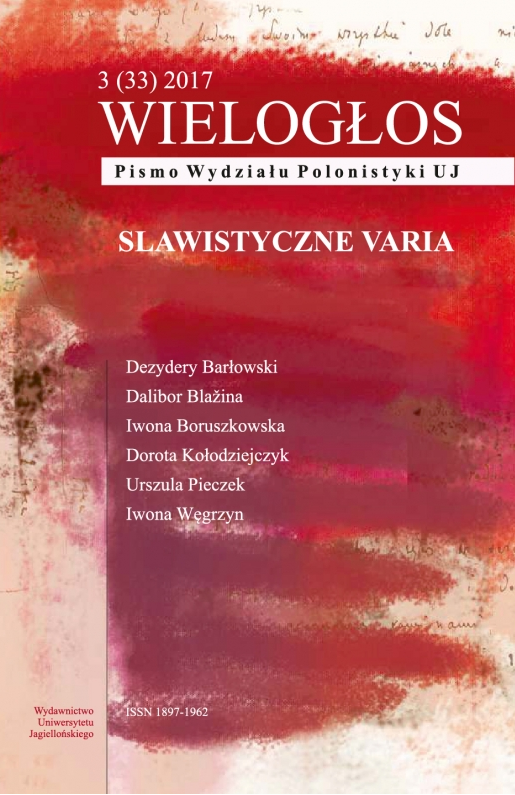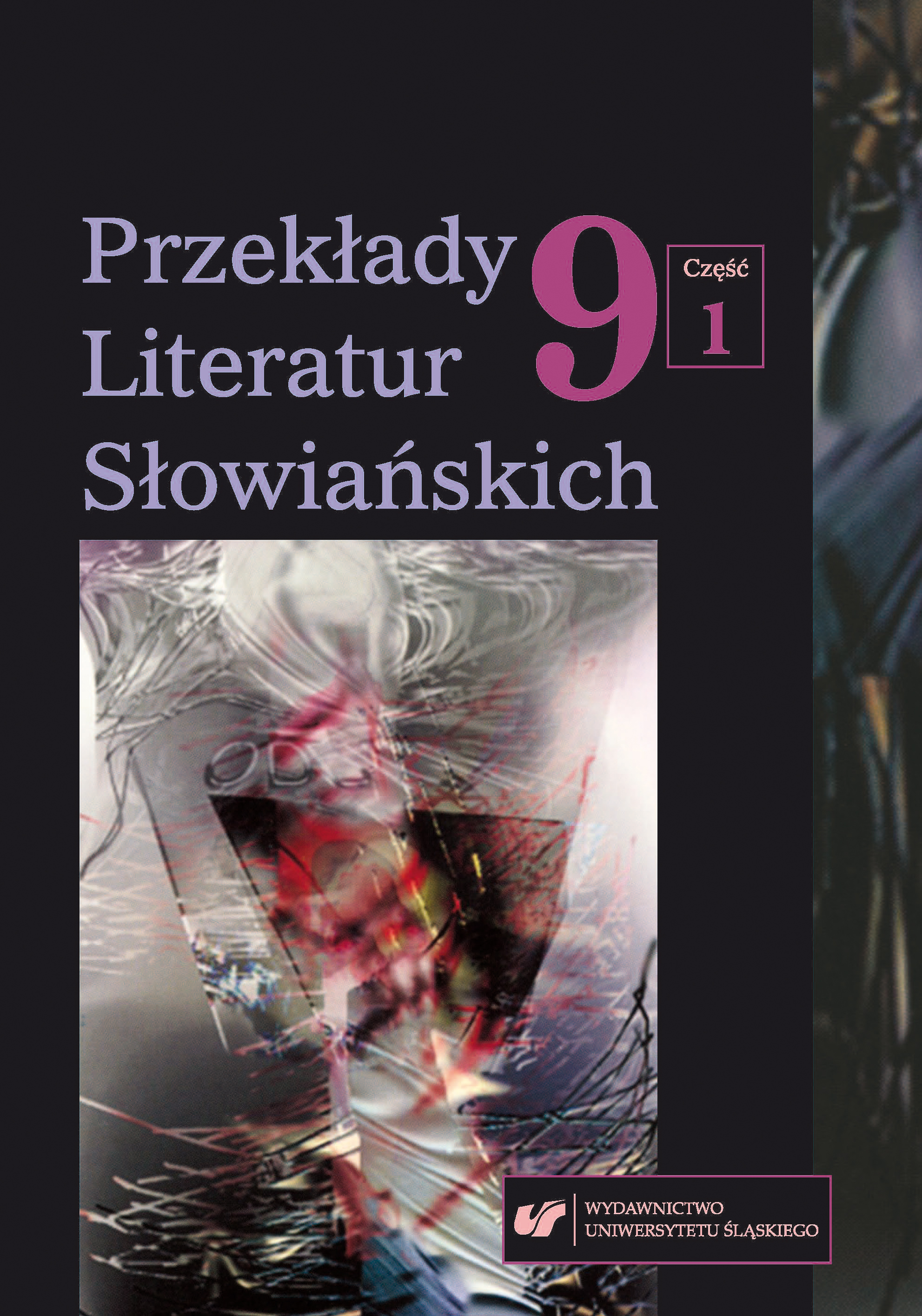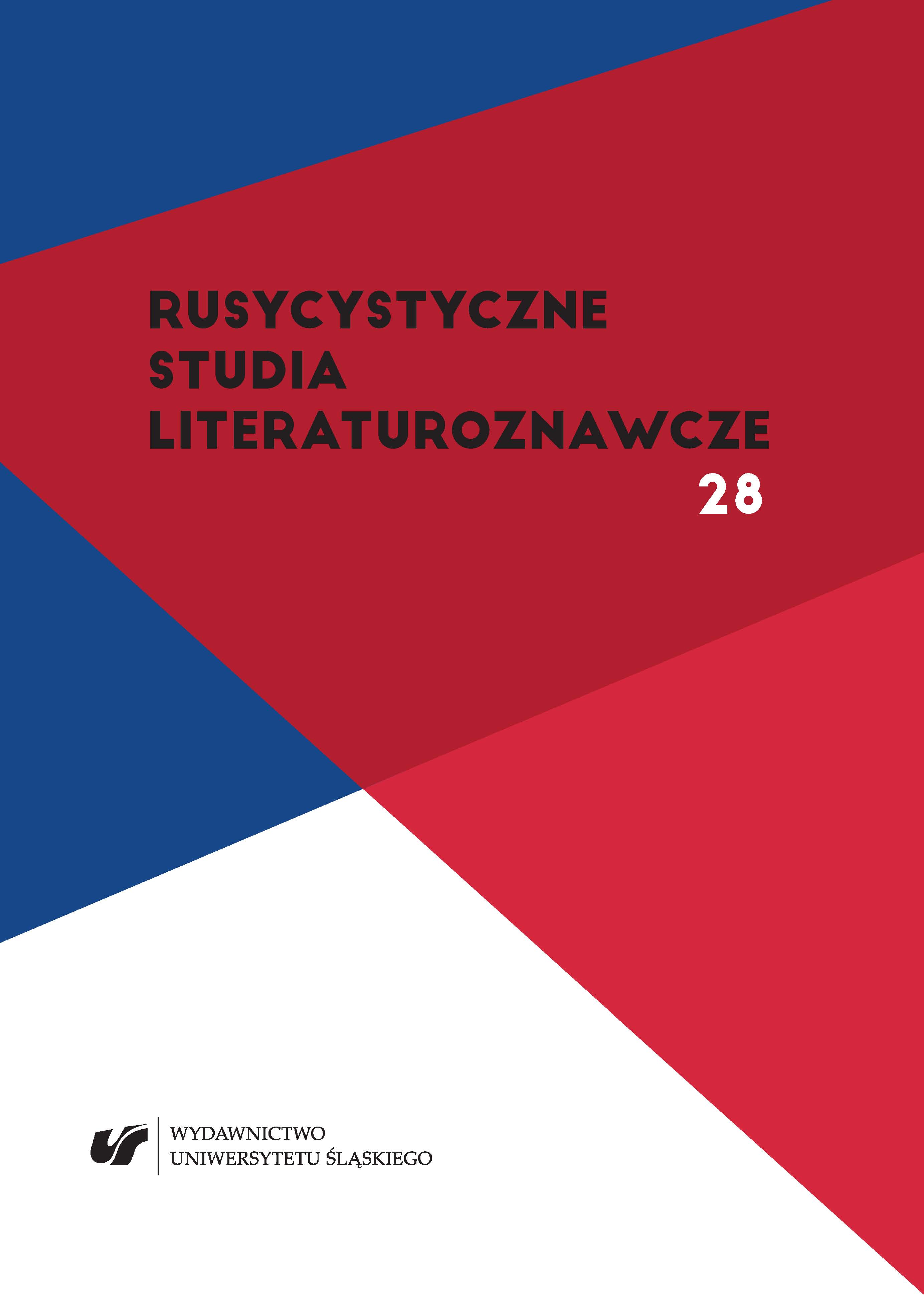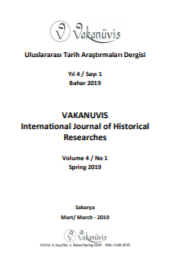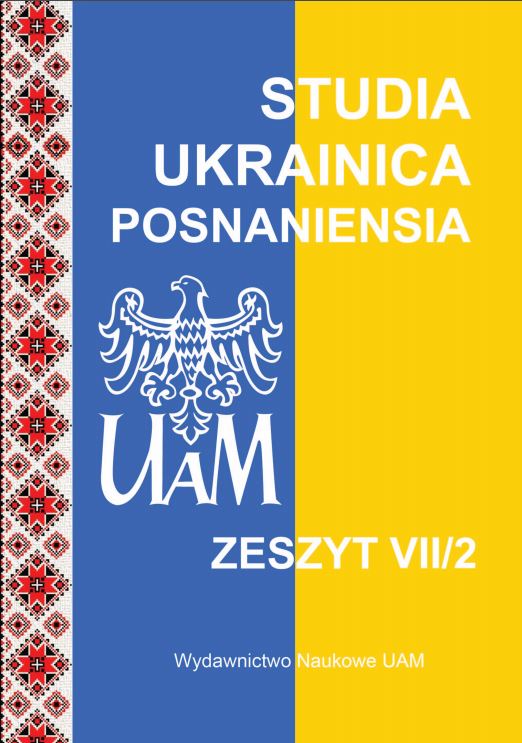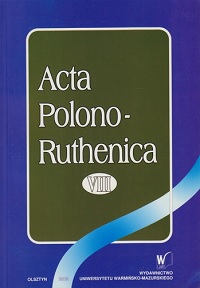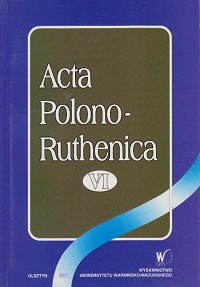Author(s): Nataliya Stakhiyeva / Language(s): Ukrainian
Issue: 2/2013
The major points, which were covered by our research, may be summarized as follows. Vladimir Nikolayevich Peretz has considered an outstanding figure of the scientist, academician, collector of literary monuments. Is held a comprehensive analysis of the life, activity and scientific heritage of academician V. N. Peretz. Based on the significant amount of the studied sources, reflected biography Vladimir Peretz in the cultural – historical process, as his discoverer, on the one hand, and his creator on the other. In a study for the first time comprehensively researched creative legacy of a scientist. In our study we identified the influence of external factors on the formation and evolution of views Vladimir Nikolayevich Peretz. In the process on the biographical analysis were determined his sociopolitical, historical, scientific opinion related to the achievements of world culture. His contribution was set to the cultural heritage of the nation. His activity on the background of cultural-historical development and the struggle of the Ukrainian national idea of the late XIX – early XX century was investigated. The role in maintaining and attracting in the scientific use of national values was defined. In study was highlighted his work on the formation of research centers in Ukraine. The role of Vladimir Nikolayevich in the revival of Ukrainian culture and transfer of intellectual and cultural heritage for future generations was analysed. His place among the Ukrainian scientists of late XIX – early XX century has determined. So, were analyzed the major milestones of the life and activities V. N. Peretz, evaluated his contribution in the development of the theory and history of culture. End of XIX – beginning of the XX century was characterized by the development of cultural and creative potential based on defending the Ukrainian national idea. This was accompanied by the creation of spiritual values (language, literature, art, science, education, etc.), search, preservation and dissemination of intangible heritage. A major achievement in the development of the Ukrainian national idea became statement of the unique ethno-cultural, spiritual identity and values of Ukrainian culture. Realizing this has become a fundamental cultural and creative activity Vladimir Nikolayevich. Cultural and creative activity should be understood as an activity aimed at the development of culture, including search, collection, research, and cultural transmission to future generations. Consequently, the activity of V. N. Peretz promoted cultural progress, which included the creation of conditions for the development of culture and its study. He was engaged in the research, collecting work, the formation of the library and museum collections, holding archeographic and ethnographic expeditions, descriptions of manuscripts and early printed books. Exploring the sights of the historical past of the Ukrainian ethnos, he opened the unknown and little-known phenomenon of the historical facts of the national culture, including the ancient Ukrainian literature. In the scientific revolution were introduced numerous facts of history and theory of literary criticism. His master's and doctoral dissertation were both research and the publication of a large number of Ukrainian Study materials. Vladimir Nikolayevich Peretz has developed a fruitful research and teaching work in the field of literary Ukrainian: an overview of the history of Ukrainian literature first began to teach the history of Ukrainian literature. He also taught the history of European theater and drama, was a reviewer Prime Kiev theater , sought out and published sights of the ancient theater, writing articles on the history of theater, criticized the publication of Drama . He defended the rights of the Ukrainian language, literature and culture who have been harassed by the tsarist. Significant role in the investigation of a large array of Ukrainian cultural and historical material played "seminaries Russian philology under the guidance of professor V. N. Peretz' and activism scientist in scientific societies. Over a lifetime, the researcher has accumulated and processed the vast documentary material Ukrainian history. The collection has become a large collection of teachings and valuable private collection of old. Came out a lot of research on the history of Ukrainian culture, language, literature and art. His collections have become a new major contribution of the source in the Ukrainian Fund of Culture, uncovered a number of aspects of literary relations between Ukraine and Poland, Russia and other countries. So, he filled the cultural space of the time the scientific facts and source material, which led to an understanding of Ukrainian mentality. This direction was decisive in the early stage of the study Ukrainian culture. Thanks to his tireless work devoted to the identification of the national culture, the global cultural space became revived, popularized distinctive Ukrainian culture.
More...
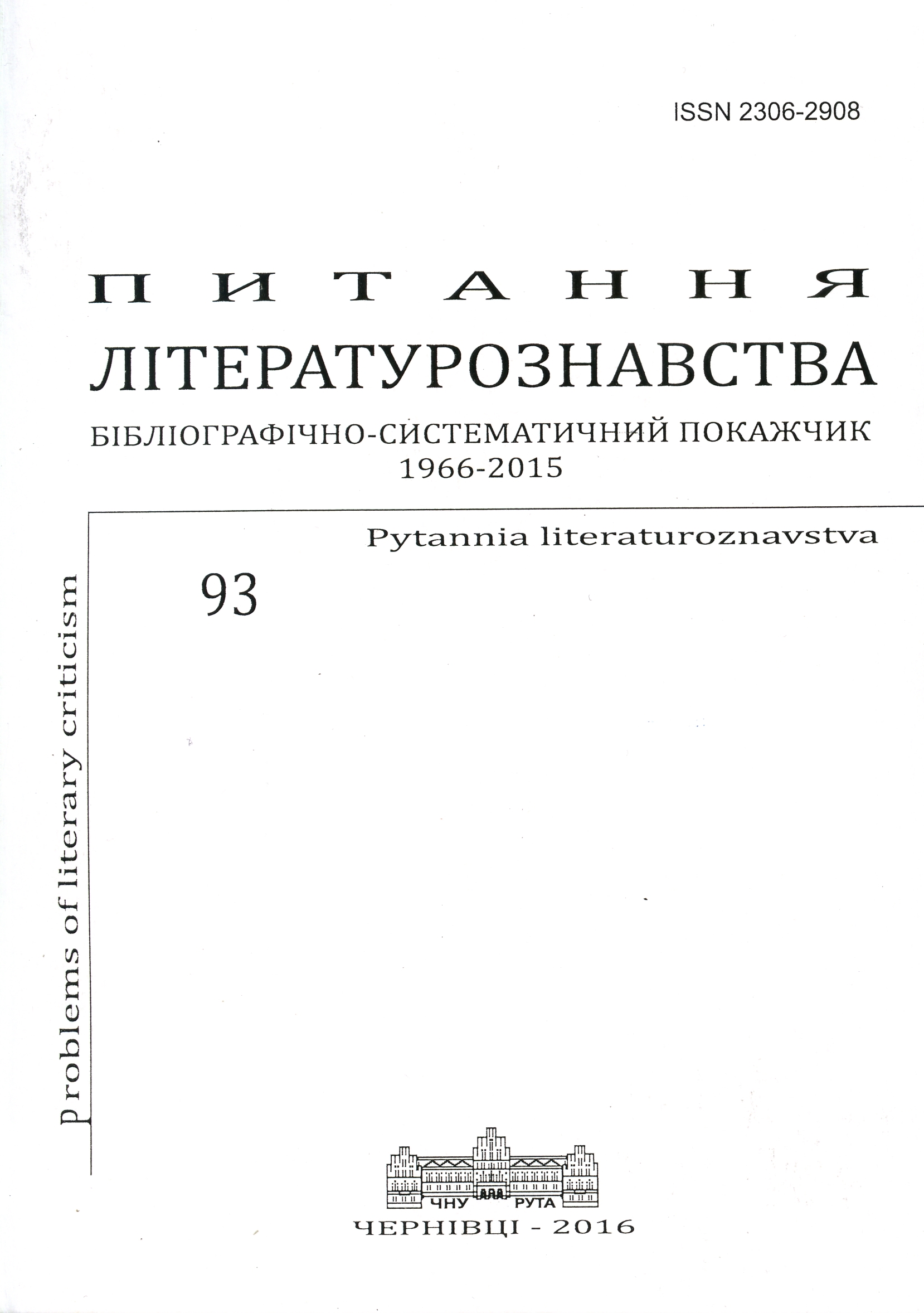

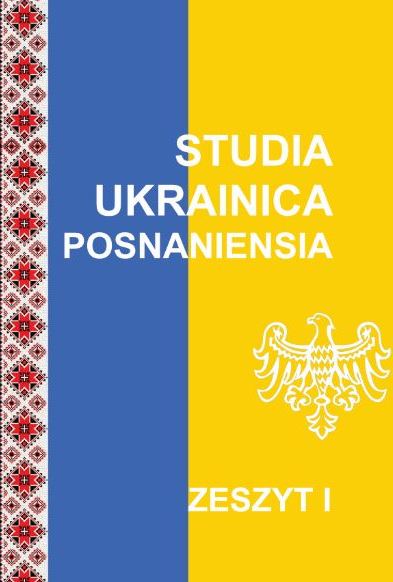
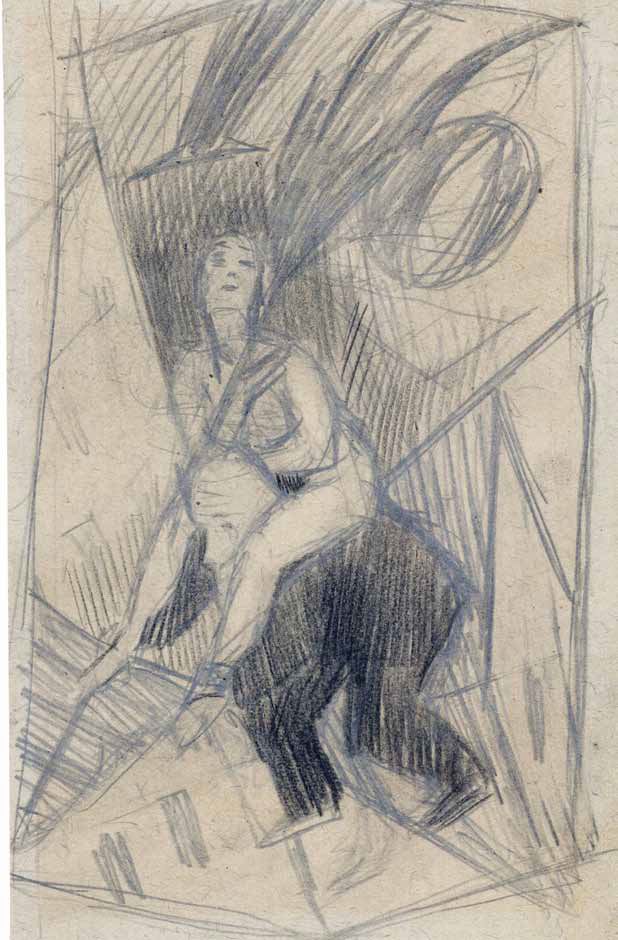
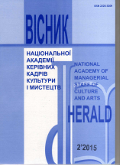
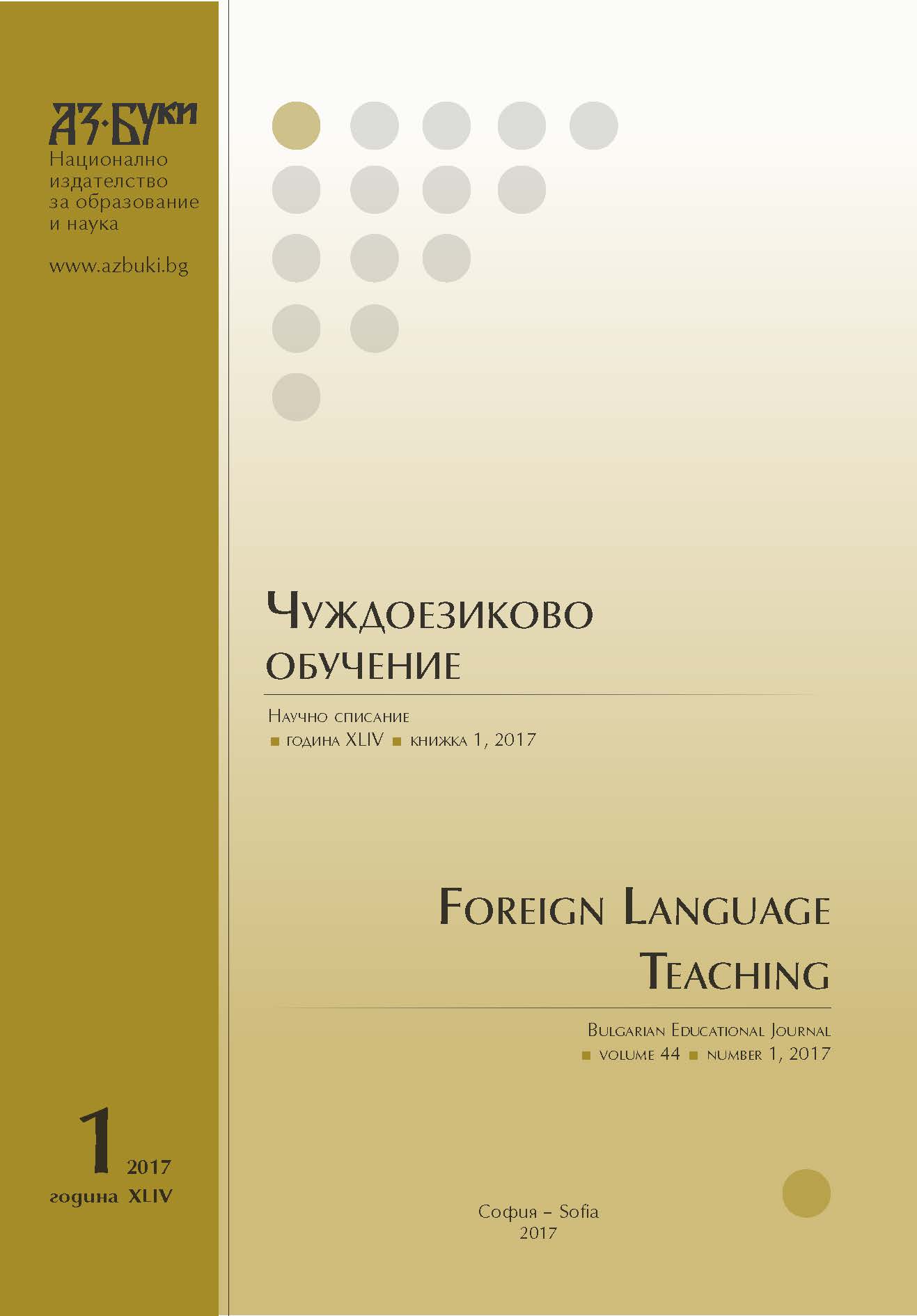
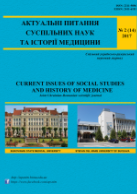
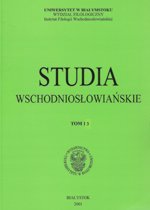
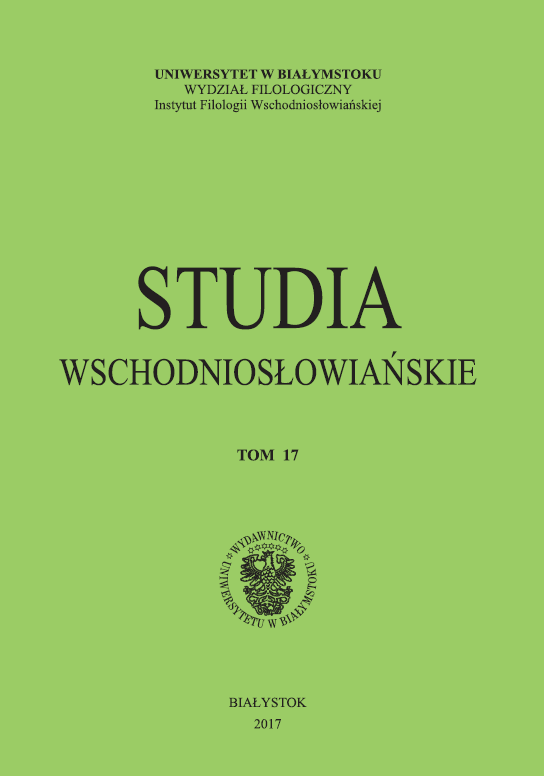
![Поетика українських перекладів Вергарна [Рецензія на книгу: Кравець Я. Український Еміль Вергарн (критика, перегуки, переклади)]. – Львів : Тріада плюс, 2016. – 344 с.]](/api/image/getissuecoverimage?id=picture_2017_38495.jpg)
